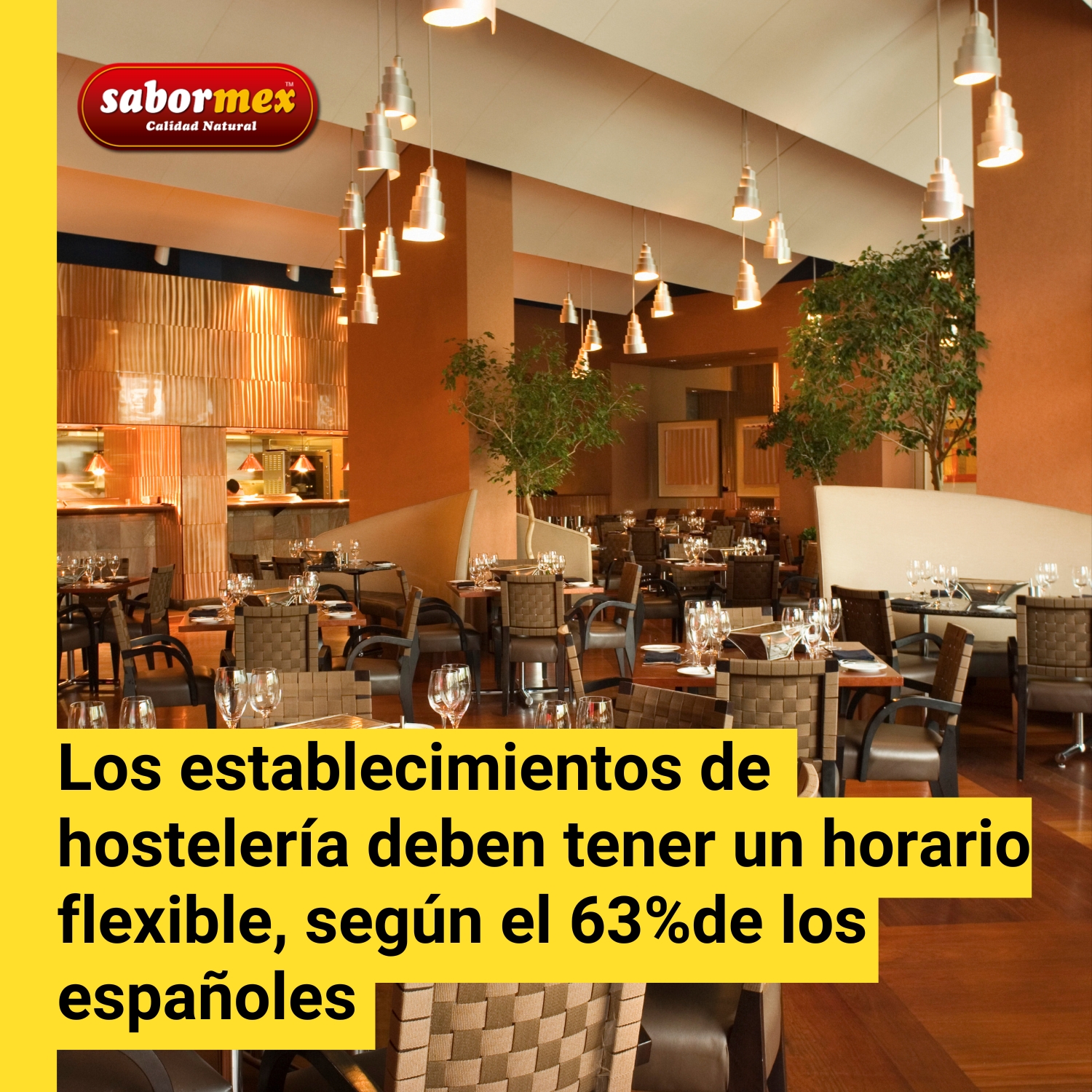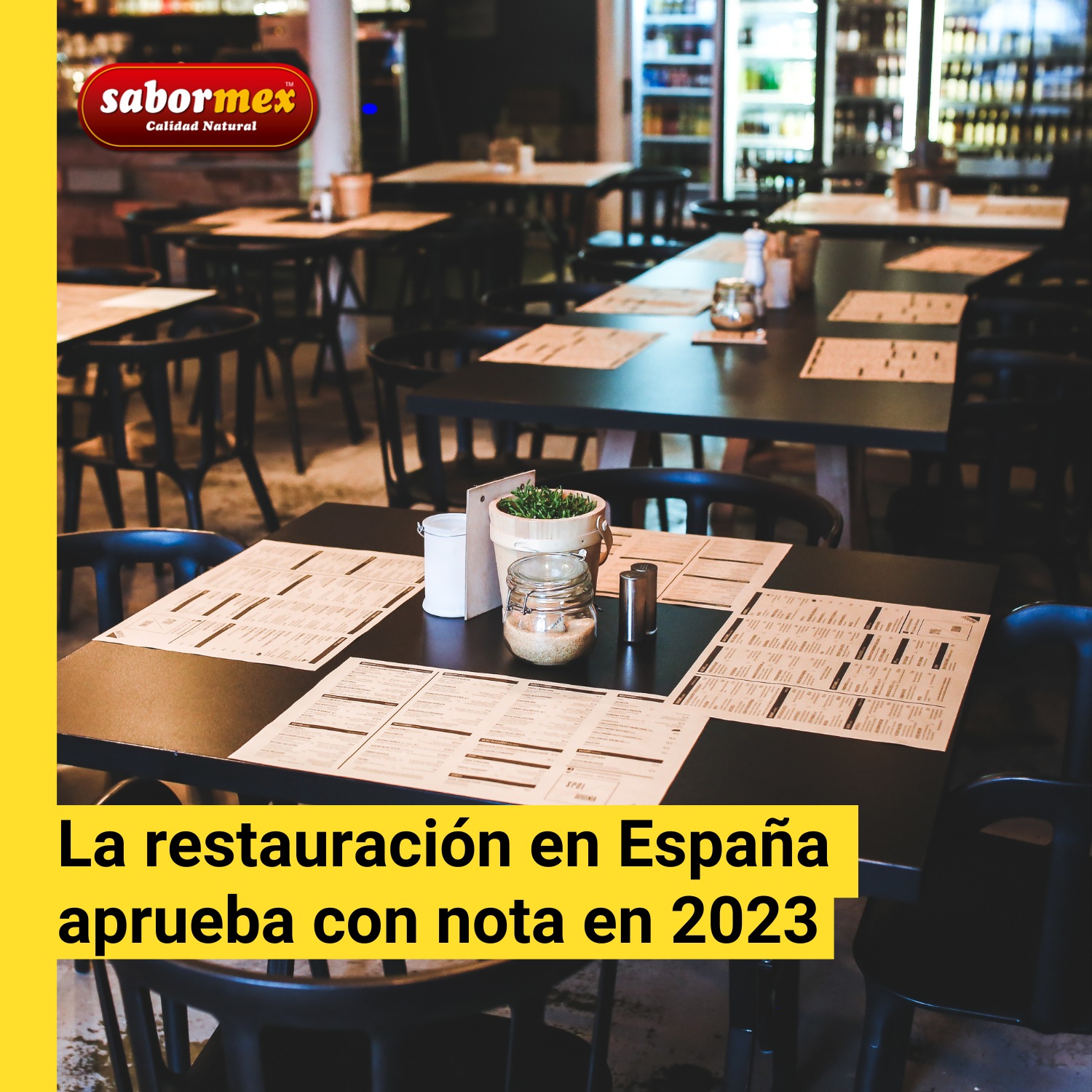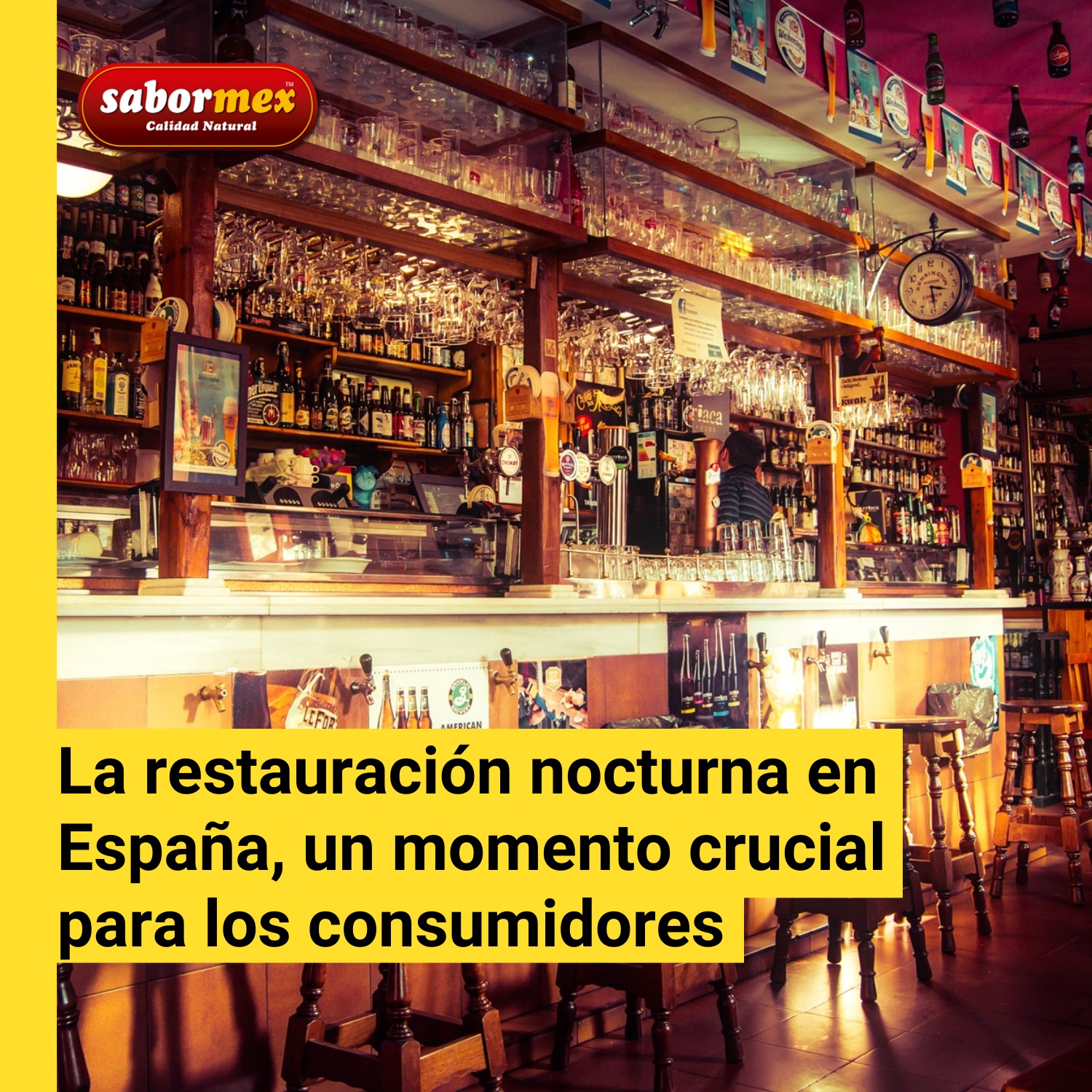The restaurant industry in Spain has been recovering from the impact suffered due to the pandemic in terms of revenue, employment, and number of establishments, as stated by the Spanish Association of Manufacturers and Distributors (AECOC) in one of its reports. Specifically, it notes that the hospitality sector increased its revenue in 2023 by 10.7% compared to the previous year. It employs 1.66 million workers and currently has 279,516 establishments. Furthermore, spending by Spaniards on dining continues to grow compared to previous years, reaching 41.6 million euros in 2023, a 10% increase over 2022.
Additionally, traffic in restaurants is also on the rise, with 7.2 million visits recorded in 2023, representing a 3% increase over 2022, although figures from before the Covid-19 health crisis have not yet been matched.
AECOC reports confirm the close relationship that consumers perceive between leisure, pleasure, and quality time with visiting bars and restaurants. Thus, 52.5% of Spaniards state that their main reason for going to a restaurant is to celebrate something or mark a special occasion. 49% say their main reason is to spend time with friends or family, and 47.8% go to a bar or restaurant when they want to treat themselves. Additionally, among the people who most frequently go out to bars and restaurants, up to 66% say it is mainly to spend time with friends and family.
On the other hand, the aspects most valued by consumers when choosing an establishment include a good quality-price ratio (88%), good service (88%), and the establishment being cozy and quiet (85%).
Another highly valued aspect by Spaniards, which is especially relevant in the current context, is that the establishment offers flexible hours. Up to 63% of Spaniards highlight this as an important factor, and 58% of Spaniards consider it very important (19.6%) or quite important that the establishment has flexible hours or that shifts adapt to their needs.
Source: Bar Business




